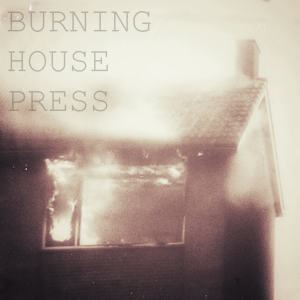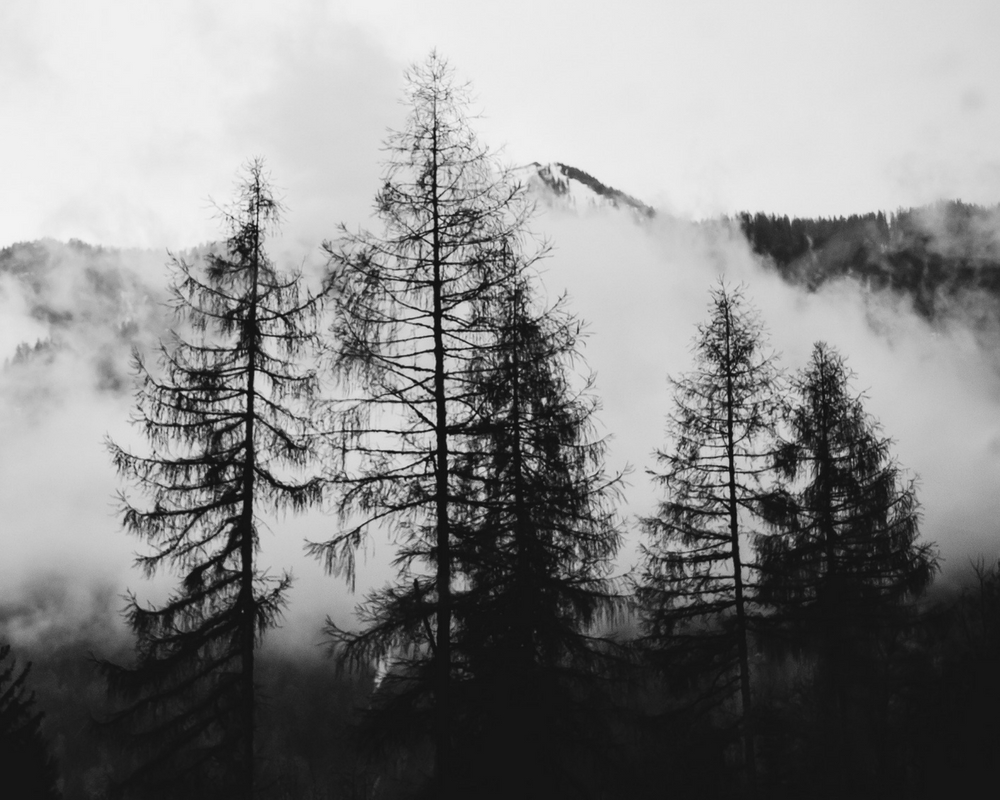“More and more I forget what I need, and remember what I’d like to forget. And sometimes I keep talking, keep recalling, as a way of not saying what I feel.”
—Stephen Dunn, “Memory”
My fingers clink like ice as I sit, cliffside, listening to the slow wash of water against rock. Two Canada geese honk a route overhead, and I look out to Victoria, which lies across the narrow stretch of water from San Juan Island.
Driftwood slowly bobs past—a madrona—not the pine or fir that I’m used to. Its dark, lackluster bark has stripped back to reveal a dazzling amber underskin. I will steal a downed branch from the English Camp before I leave, knowing that to take a piece of the land is forbidden, but there are no park rangers at this time of year to catch me. A single deer, munching on tall grass, will see what I have done.
If I begin to cry, no one sees it chill my skin. No one but me is perched on the early morning rocks in the off season. Sitting before the limitless expanse of water, I feel in waves: I am large then small, weighted and weightless; sublimity presses its cool, wet muzzle against my cheek then releases. My body, faced sunward, braces against the winter wind that hasn’t yet brought spring. I am uneven, like an intermittent light. I don’t ask myself why I don’t leave; I’ve come to shut my mouth to the world, to let the wind wash over me like whitecaps that strike the rocky crags. Daylight saving began overnight, but the morning stands on shaky legs. The coffee shivers into coldness in my hands.
When my bones are numb, I know to warm myself in radiant heat, and drive in the direction I remember Roche Harbor to be in. I don’t use Google maps, just the map of memory, and find that beyond the entrance, the quaint, little enclave has become townhouse-style condos, with JELD-WEN stickers still stuck in new windows.
***
Out on the pier, I walk until there is no more pier and watch boats with people on their way somewhere else. I focus on the sound of my boots against the wooden planks, not the hipsters gathered by the yachts, their laughter that peals like clocktower bells. I have nowhere I need to be; I just go where my feet take me. I’m not quite sure what’s wrong, only that something within me has tensed again. So I imagine myself as the steady thrum of my body as I move through the light breeze.
At the Country Store, I clear my throat and talk for the first time since sending a quick morning Snap, almost surprised at how natural my voice sounds, as if it were just waiting to be used; the checker concentrates on changing the store’s music from his phone.
“You should’ve kept it on Midnight Oil,” I say. “But Johnny Cash is just as good.” I think for a moment about the two songs, the juxtaposition of “Beds are Burning” and “Ring of Fire.”
The cashier is cute, late-20s, so I’m heartened as his eyes warm over when he looks up from his phone at me.
“I’ll turn it back on,” he says, his rowdy thumb swiping down the screen.
“It’s okay,” I say, handing over $1.40 for a cheap bottle of water. Our fingers graze, and he drops the clattering change on the counter. I don’t look over to his boss, who is now watching. I can’t help but laugh though, a real laugh that draws in breath that feels soft, magnanimous. “Give the penny to someone who needs it.”
I grab the water and leave, quickly brooding. If I’ve broken my vow of silence, it shouldn’t be for haphazard flirting. I’ve been back in civilization too long, I think and consider a return to the cliffs. I wonder if the tightness in me is here to stay this time, like the clenched fists of tulip bulbs, still dormant. Instead, my feet take me to the gardens, where spring is just beginning to bud out on sparse limbs. I once walked past a wedding here, at the Hotel de Haro, with dozens of white lawn chairs faced toward the harbor. Before I sit under the arbor tunnel, which at summer’s height is lush and green and aromatic, romantic like a secret garden, I run my hand along the sharp points of budless branches, letting them scratch my palm.
***
Three ducks swim against the current, around some floating, bulbous kelp. Their tiny calls to each other remind me of kittens mewing to their mother. Maybe they are still ducklings. I think to call my own mother, to let her know I’m all right, but I don’t. Something in me needs the mystery of my aloneness. I figure as long as I don’t fall into the water, I’ll be okay. So don’t fall, I tell myself each time I direct my body up or down the rocky precipice. The darkness in me conjures images of Aron Ralston, the guy who resolved to cut off his arm after being pinned by a boulder in Utah, so I fish out my phone to text, “Still here.”
“Okay,” she says.
I decide to stay an extra day, and I wake the cliff’s morning birds before I sit for three more hours. But spring has come to the islands overnight. The winter wind has been replaced by a breeze so warm I lay my jacket on the spongy moss and lie back, letting the cresting noon sun blanket my face. My body relaxes. For a long while, it’s just me and the birds, cargo ships, whatever passes by. I sit still for so long that I sink into my patch of moss and soil and rock. Whatever it is I’ve been feeling loosens, and I see it drift out to the Strait where gulls carry it out to sea.
***
On my last morning, I arrive early to the ferry terminal, so early that I watch the pink and orange cut through blue twilight from the pier. I think about what will be my new life after I leave this time and send what can only be a mediocre Snap of sunrise that seems more mockery than representation. The colors simply can’t be captured. Regardless, I save the Snap to Memories.
Later, back in the line of cars, a man approaches me as I lean against the door of my car, scrolling through my phone for the news I missed. He has mistaken me for someone he knows, a local who lives here year-round. Yet we make small talk to pass the time, and I realize I haven’t spoken like this in several days, not since a teary phone call at the terminal in Anacortes. I want to go back and cloak myself in my solitude, but I can’t. I know it’s time to return to responsibility, adulting. As he talks, I think that yesterday, a bald eagle flew closely overhead, a fish clenched tightly in its talons. I laughed to see my leggings caked with spongy moss that settled in my boots and didn’t think to care that I was making this jubilant noise, alone, on the cliffs. There was a clarity in the warm breeze, an answer that I understood, as the bees bumbled recursively past my ears, dressing their legs with pollen.
Jenne Knight writes essays and poetry, and her work appears in Bodega, wildness, r.kv.r.y, and The Rumpus. Her poem, “Elegy for my Father,” was nominated for Best of the Net 2016. Please see www.jenneknight.com for more information.
Featured photograph by Lindsay Malatesta


Leave a comment